43 describe relevant labels related to intelligence testing
Intelligence Testing - an overview | ScienceDirect Topics Intelligence testing refers to the theory and practice of measuring people's performance on various diagnostic instruments (intelligence tests) as a tool for predicting future behavior and life prospects or as a tool for identifying interventions (e.g., educational programs). Making Content Usable for People with Cognitive and Learning ... Related Personas: Alison, Amy, Gopal, Jonathan, Sam 3.8.2 Extensions and APIs (User Story) As a user with cognitive and learning disabilities, who uses add-ons and extensions as assistive technology, I need my add-ons, application programming interface ( API ), and extensions to work with the content so that I can use it.
Intelligent Testing | Psychology Today Most intelligence researchers are actually pretty nice, sensitive individuals who sincerely want to help the welfare of children. They want to create tests that help teachers identify students...
/170126270-56a59d2f3df78cf772891514.jpg)
Describe relevant labels related to intelligence testing
Empty string - Wikipedia Formal theory. Formally, a string is a finite, ordered sequence of characters such as letters, digits or spaces. The empty string is the special case where the sequence has length zero, so there are no symbols in the string. PDF Essential Tasks (ET) for AP Psychology for Units - Pasco School District 3.4: Describe the function and disorders related to key neurotransmitters (serotonin, dopamine, endorphins, acetylcholine, GABA, and norepinephrine.) 3.5: Describe the subdivisions and functions of the nervous system 3.6: Detail historic and contemporary research strategies and technologies that support research (case studies like Phineas Gage, Types of Intelligence Testing - The Classroom Intelligence Test Types and Uses. Any discussion of intelligence tests should begin with the understanding that unlike measurements like weight and length, there is no definitive way to measure intelligence. Intelligence itself is a fairly abstract term and is related to numerous factors including parental intelligence, environment, social situation and economic status.
Describe relevant labels related to intelligence testing. Testing and Individual Differences (5-7%) Flashcards - Quizlet a general intelligence factor, that, according to Spearman and others, underlies specific ... describe relevant labels related to intelligence testing. Intelligence Test & Types | What is an Intelligence Test? - Video ... The most prominent types of intelligence tests are the Binet-Simon Test, Stanford-Binet Intelligence Scale, the Wechsler Adult Intelligence Scale (WAIS), and Raven's Progressive Matrices.... Intelligence across cultures - American Psychological Association People in Western cultures, he suggests, tend to view intelligence as a means for individuals to devise categories and to engage in rational debate, while people in Eastern cultures see it as a way for members of a community to recognize contradiction and complexity and to play their social roles successfully. Intelligence and Testing - Mr Dunn's Class Website • Interpret the meaning of scores in terms of the normal curve. • Describe relevant labels related to intelligence testing (e.g., gifted, cognitively disabled). • Debate the appropriate testing practices, particularly in relation to culture-fair test uses. • Identify key contributors in intelligence research and testing (e.g., Alfred Binet,
Satellite News and latest stories | The Jerusalem Post Mar 08, 2022 · The Jerusalem Post Customer Service Center can be contacted with any questions or requests: Telephone: *2421 * Extension 4 Jerusalem Post or 03-7619056 Fax: 03-5613699 E-mail: [email protected ... Unit 8: Intelligence and Testing - MrGalusha.org ET 8-4 Intelligence Testing: Essential Task 8-4: Debate the appropriate testing practices, particularly in relation to the Stanford-Binet test, the WISC, the WAIS and culture-fair test uses. ET 8-5 Mental Retardation and Giftedness: Essential Task 8-5: Describe relevant labels related to intelligence testing (e.g., gifted, cognitively disabled ... PDF PSY640 Content for Testing Pamphlets and Information Sheets - Zovio professional jargon (e.g., I n the course of discussing intelligence testing, students would define concepts such as I.Q., categories of intelligence, and the classification labels used to describe persons with intellectual disabilities.) • Include a bulleted list of at least three credible professional and/or educational online resources Intelligence Tests: Types and Uses - Psychology Discussion Intelligence tests help in classifying individuals according to their mental makeup, e.g. in schools, teachers responsibility is to classify the students in his class as backward, average, bright or gifted, and thus arrange for homogenous grouping to provide proper educational opportunities. c. Use in assessment for promotion:
Unit 5: Cognition - MrGalusha.org R. Describe relevant labels related to intelligence testing. S. Debate the appropriate testing practices, particularly in relation to culture-fair test uses. 5.11 Components of Language and Language Acquisition Concept Map for 5.11 Language Slides Secrets of the Wild Child Viewer's Guide Intelligence Testing Essays (Examples) - Paperdue.com Intelligence Testing Intelligence and achievement are very different. Intelligence is a measure of one's aptitude, or ability, which is in essence a measure of potential. It is actually only a measure of potential in one skill area -- the cognitive. Intelligence testing is usually focused on things like problem solving and pattern recognition. Module 8: Testing and Intelligence - Introduction to Psychology This module describes the good and bad aspects of tests, primarily tests of intellectual ability. Section 8.1 introduces you to the principles of test construction and how they apply to standardized tests and course exams in school. Section 8.2 takes up the question of what intelligence tests measure and fail to measure; it also discusses a ... PDF Testing and Intelligence - D. Fry Science • Interpret the meaning of scores in terms of the normal curve. • Describe relevant labels related to intelligence testing (e.g., gifted, cognitively disabled). • Debate the appropriate testing practices, particularly in relation to culture- fair test uses.
Describe culture-loading and how it relates to intelligence testing. Forensic psychologists use intelligence testing to determine a defendants' competency levels. Despite the widespread use of intelligence testing, psychologists have identified many issues with intelligence tests. For this discussion, we will focus on the role that culture plays in measuring intelligence.
Chapter 8: Testing and Individual Differences - Quizlet intelligence test a method for assessing an individual's mental aptitudes and comparing them with those of others, using numerical scores. general intelligence (g) a general intelligence factor that, according to Spearman and others, underlies specific mental abilities and is therefore measured by every task on an intelligence test
Types of Intelligence Testing for Children - Verywell Family 25 Jun 2022 — But it is very important not to define your child by their IQ, imply that it limits their success, or use it to categorize or label them.
Join LiveJournal Password requirements: 6 to 30 characters long; ASCII characters only (characters found on a standard US keyboard); must contain at least 4 different symbols;
intelligence test | Definition, Types, History, & Facts | Britannica The test is scored in terms of intelligence quotient, or IQ, a concept first suggested by German psychologist William Stern and adopted by Lewis Terman in the Stanford-Binet Scale. The IQ was originally computed as the ratio of a person's mental age to his chronological (physical) age, multiplied by 100.
Intelligent intelligence testing - American Psychological Association In the early 1980s, for example, Gardner attacked the idea that there was a single, immutable intelligence, instead suggesting that there were at least seven distinct intelligences: linguistic, logical-mathematical, musical, bodily-kinesthetic, spatial, interpersonal and intrapersonal. (He has since added existential and naturalist intelligences.)
9.1 Defining and Measuring Intelligence - Introduction to Psychology The intelligence quotient (IQ) is a measure of intelligence that is adjusted for age. The Wechsler Adult lntelligence Scale (WAIS) is the most widely used IQ test for adults. Brain volume, speed of neural transmission, and working memory capacity are related to IQ. Between 40% and 80% of the variability in IQ is due to genetics, meaning that ...
Intelligence Theories and Testing - 929 Words | Essay Example - Free Essays Gardener described eight characteristics that he totally believed could constitute intelligence. The intelligences in this theory include naturalistic, musical, logical mathematical, intrapersonal, interpersonal, verbal linguistic, bodily kinesthetic and visual spatial intelligence.
Unit 11 Testing and Individual Differences - Ms. Rives's AP ... Describe relevant labels related to intelligence testing (e.g., gifted, cognitively disabled). Debate the appropriate testing practices, particularly in ...
UNIQ+ (UNIQ plus) | Graduate access | University of Oxford Feb 18, 2022 · Our preliminary results indicate that cell death-related proteins may execute death unrelated functions relevant for correct NMJ formation but further investigations are needed. To this end, we will induce genetic loss-of- or gain-of-function of those proteins of interest to then evaluate their physiological impact during NMJ morphogenesis.
Achiever Papers - We help students improve their academic ... We have employed highly qualified writers. They are all specialized in specific fields. To ensure our writers are competent, they pass through a strict screening and multiple testing. All our writers are graduates and professors from the most prestigious universities and colleges in the world.
What Is in a Name? A Historical Review of Intelligence Test Score Labels Abstract. Labels for scores stemming from intelligence tests have been employed since their inception in the United States. The purpose of this study was to systematically identify and document ...
Stand up, Speak out: The Practice and Ethics of Public ... Jun 21, 2021 · The basics of public speaking were covered here and relevant examples were used. I feel it would have to be updated regularly to keep it up to date but that can easily be done with current examples. Clarity rating: 5 The book seemed straight forward, relevant and to the point and covered all of the basics I would expect it to cover.
Intelligence Testing and Discrimination Assignment 3 - SlideShare Intelligence is the measure of a living creature's ability to learn, retain information, and use guesswork to solve problems. The ability to listen to a concept or point of view intently and then draw from many resources to form a unique hypothesis. Being able to solve problems. To learn from your mistakes.
Testing and Intelligence By the end of this lesson, I will be able to: □ 1. Describe relevant labels related to intelligence testing (e.g., gifted, cognitively disabled).
5.P Explain how psychologists design tests, including ... - Quizlet R Describe relevant labels related to intellig ... a condition of limited mental ability, indicated by an intelligence score of 70 or below and difficulty ...
Intelligence Testing and the Beginning of Eugenics - Owlcation The eugenics movement began with the advent of testing for individual characteristics in children. Although intelligence testing was created to determine school readiness, it became one of the unintended foundations of eugenics. This occurred when three influential psychometricians - Lewis Terman, Henry Goddard and Robert Yerkes - began ...
ET 8-5: Describe relevant labels related to intelligence testing ... Study with Quizlet and memorize flashcards containing terms like intellectual disability, Down Syndrome, gifted and more.
Intelligence Testing | Abnormal Psychology - Lumen Learning The the Wechsler Adult Intelligence Scale (WAIS) assesses people's ability to remember, compute, understand language, reason well, and process information quickly (Wechsler, 1955). David Wechsler's approach to testing intellectual ability was based on the fundamental idea that there are, in essence, many aspects to intelligence.
Intelligence - PMC - PubMed Central (PMC) Intelligence is the ability to learn from experience and to adapt to, shape, and select environments. Intelligence as measured by (raw scores on) conventional standardized tests varies across the lifespan, and also across generations. Intelligence can be understood in part in terms of the biology of the brain—especially with regard to the ...
AP Psych | Unit 11 Interpret the meaning of scores in terms of the normal curve Describe relevant labels related to intelligence testing (e g , gifted, cognitively disabled) Debate the appropriate testing practices, particularly in relation to culture-fair test uses
Chapter 10 - AP Psychology - Google • Interpret the meaning of scores in terms of the normal curve. • Describe relevant labels related to intelligence testing (e.g., gifted, cognitively disabled). • Debate the appropriate testing...
Unit 11 Flashcards - Quizlet a general intelligence factor that, according to Spearman and others, underlies specific ... Describe relevant labels related to intelligence testing (eg.
IQ Testing and Group Intelligence Testing - PHDessay.com Intelligence tests usually provide an estimate of global cognitive functioning as well as information about functioning within more specific domains. Intelligence tests are quite stable compared to measures of other human traits.
Types of Intelligence Testing - The Classroom Intelligence Test Types and Uses. Any discussion of intelligence tests should begin with the understanding that unlike measurements like weight and length, there is no definitive way to measure intelligence. Intelligence itself is a fairly abstract term and is related to numerous factors including parental intelligence, environment, social situation and economic status.
PDF Essential Tasks (ET) for AP Psychology for Units - Pasco School District 3.4: Describe the function and disorders related to key neurotransmitters (serotonin, dopamine, endorphins, acetylcholine, GABA, and norepinephrine.) 3.5: Describe the subdivisions and functions of the nervous system 3.6: Detail historic and contemporary research strategies and technologies that support research (case studies like Phineas Gage,
Empty string - Wikipedia Formal theory. Formally, a string is a finite, ordered sequence of characters such as letters, digits or spaces. The empty string is the special case where the sequence has length zero, so there are no symbols in the string.



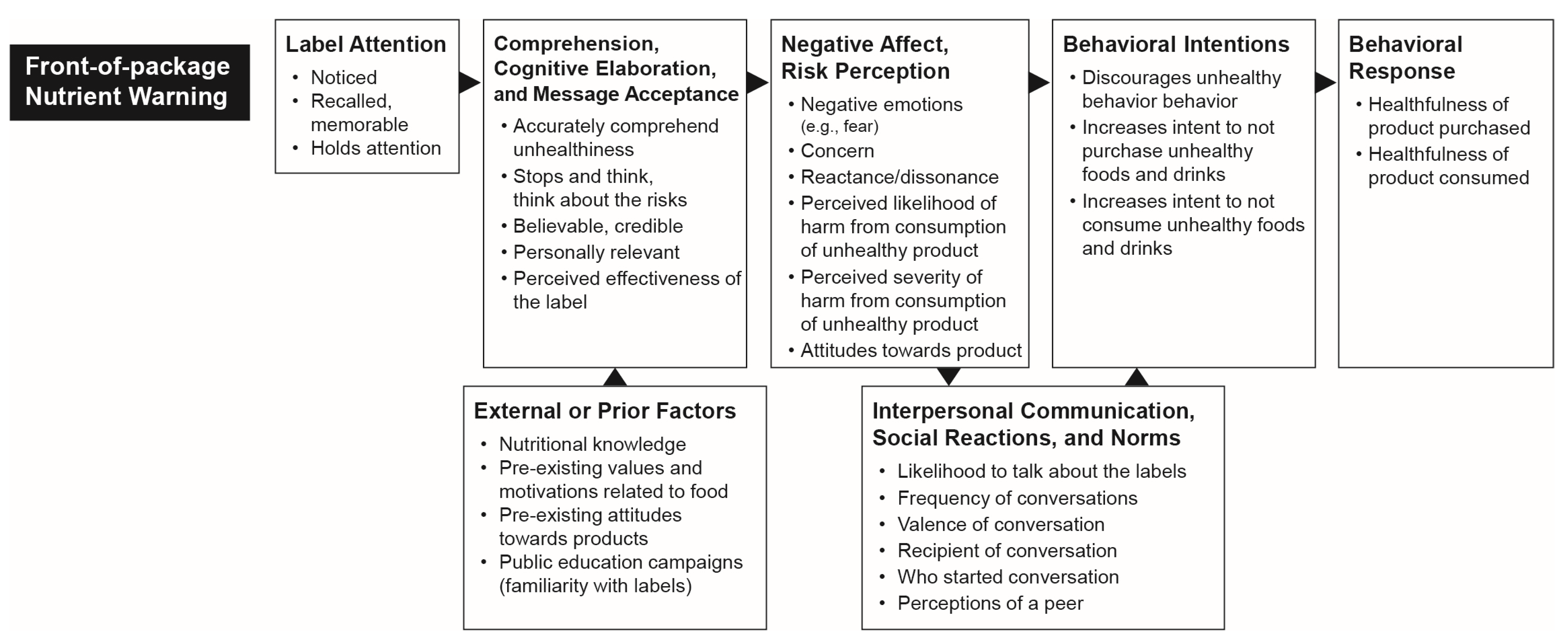






/what-is-general-intelligence-2795210_final2-5b3f90eb46e0fb005bb17b85.png)


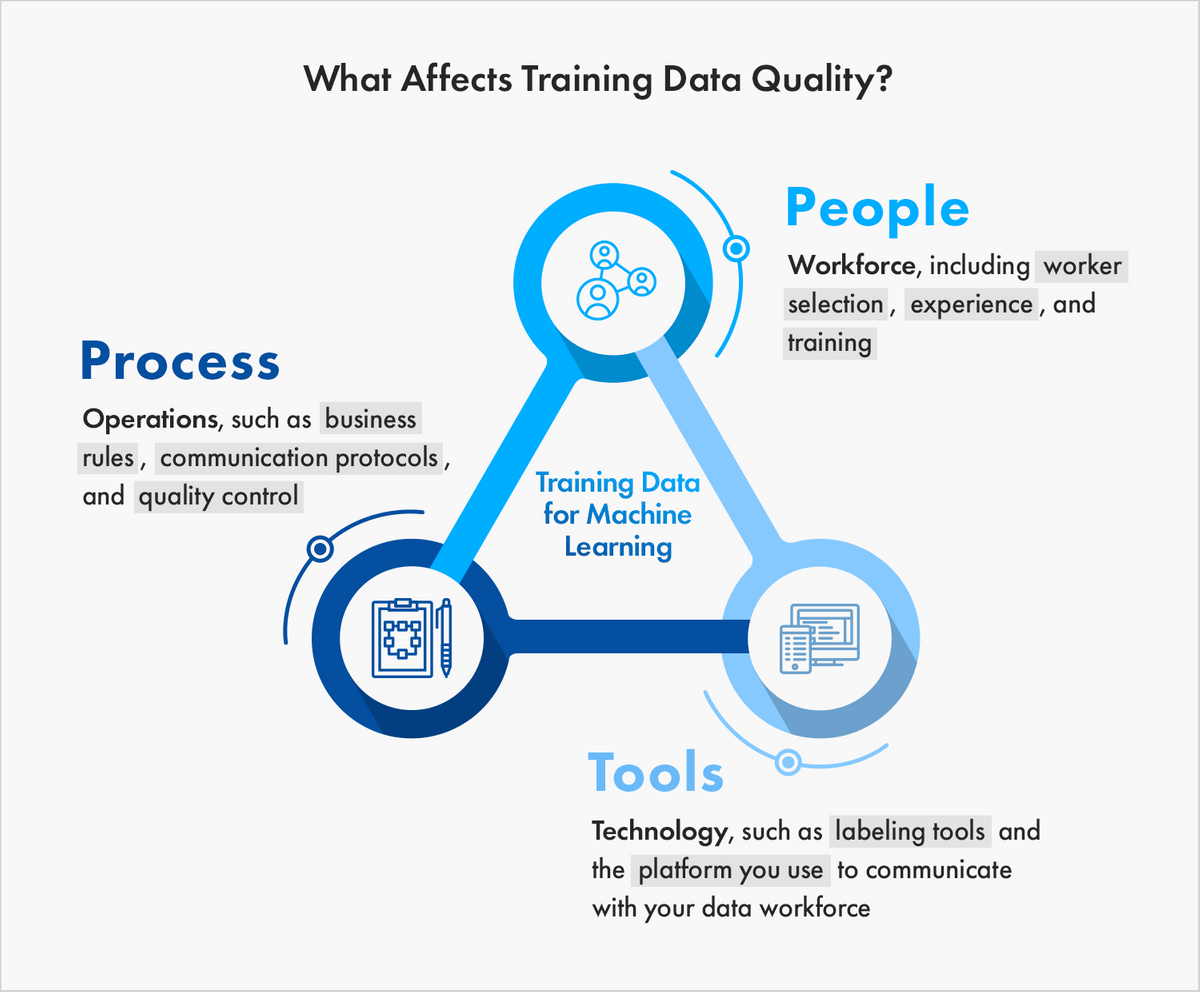

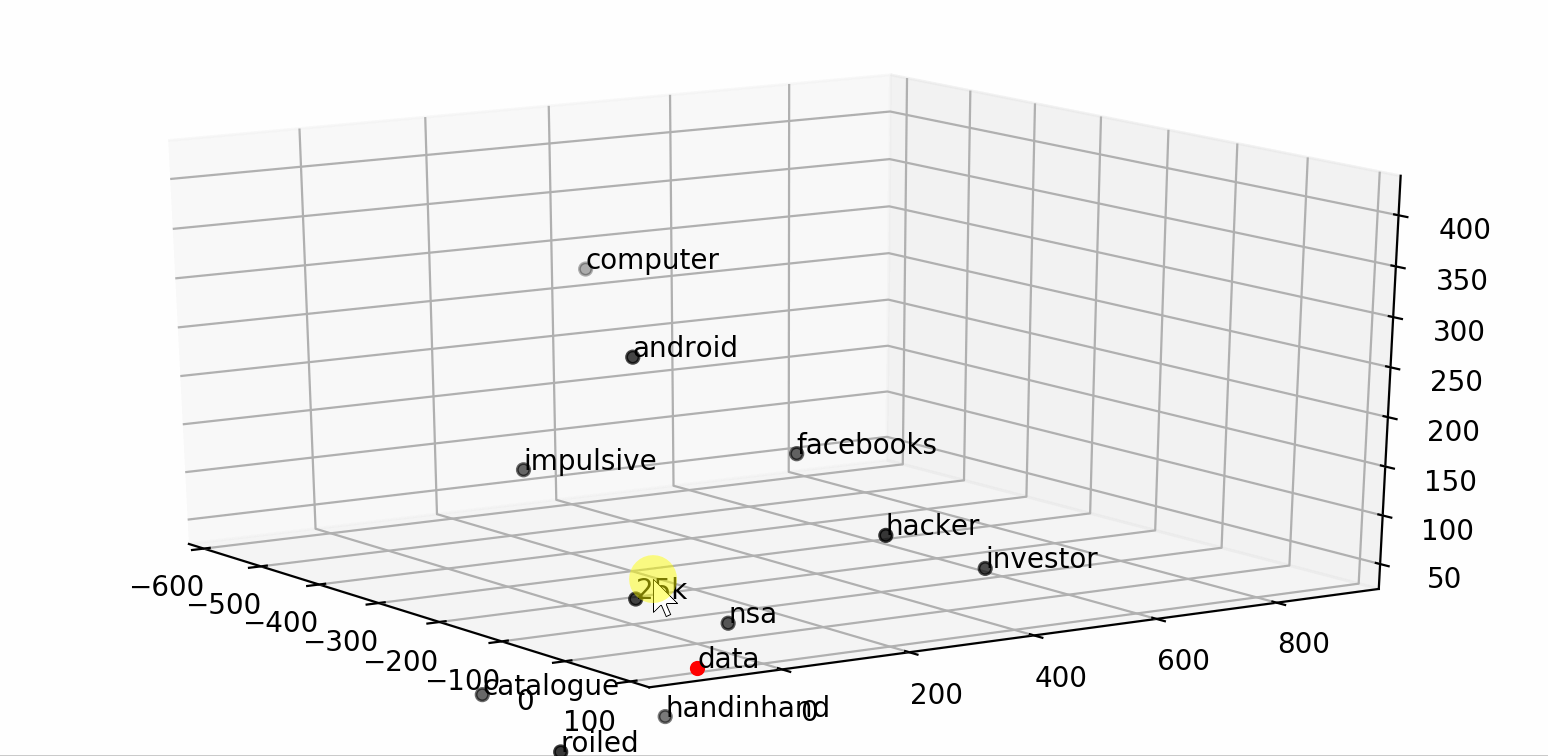
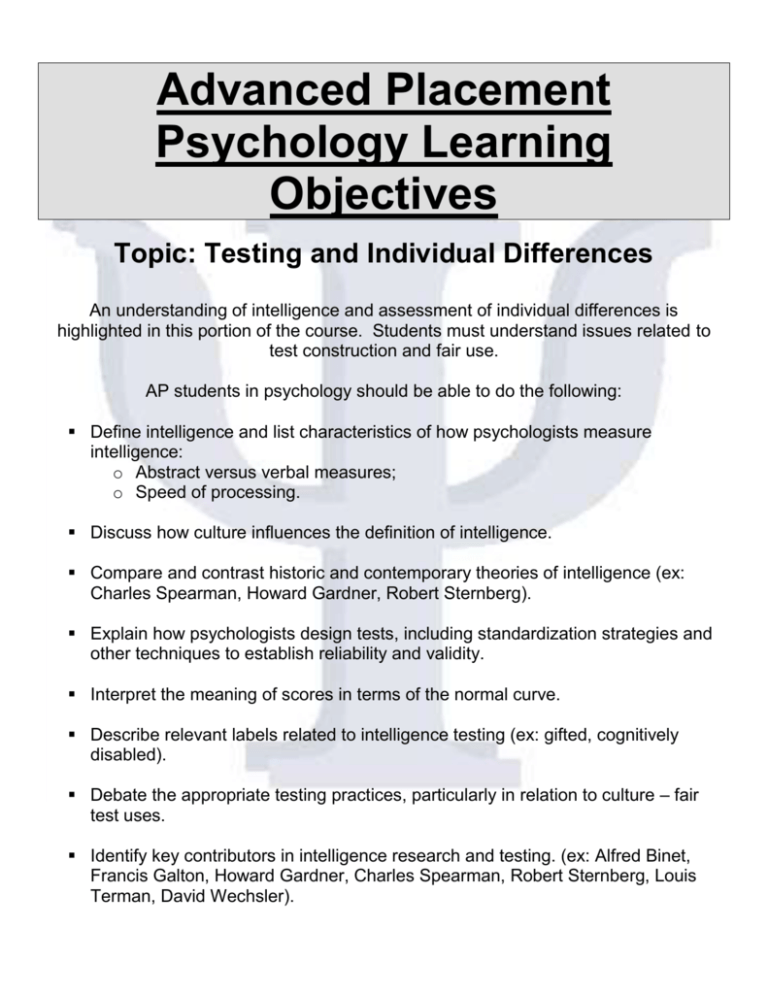
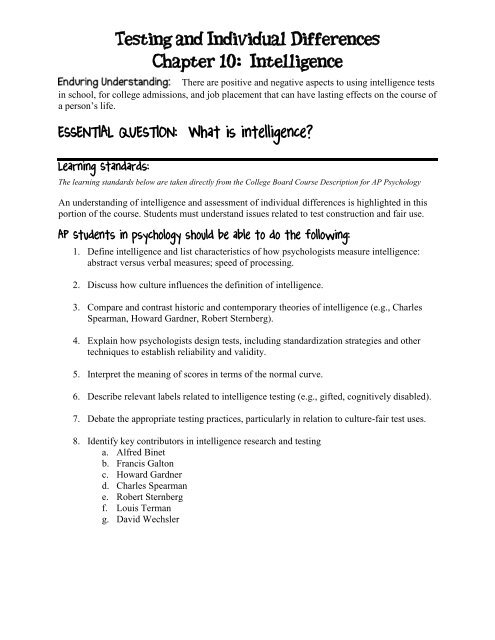
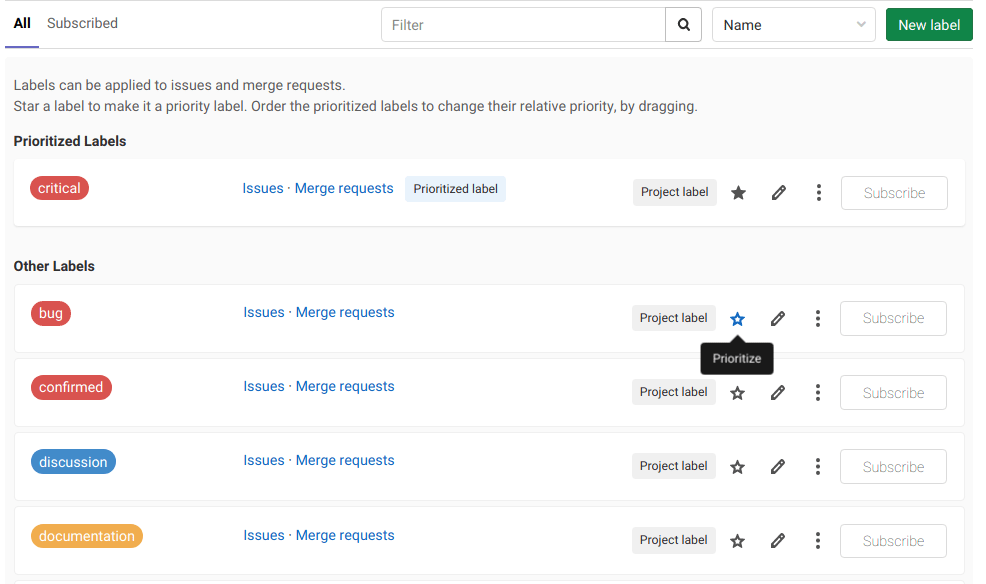
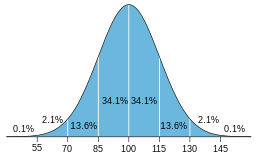

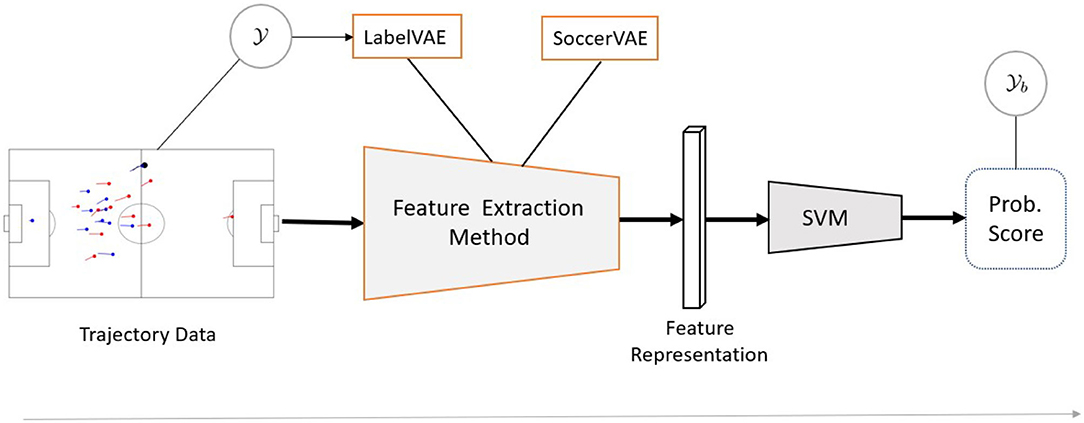

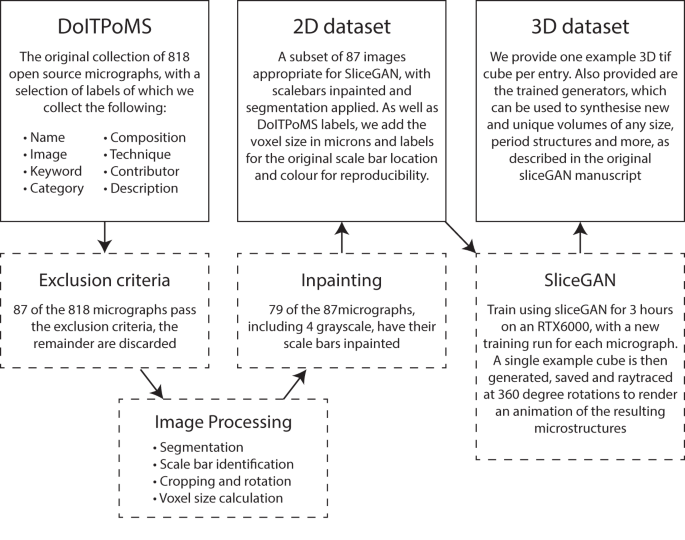



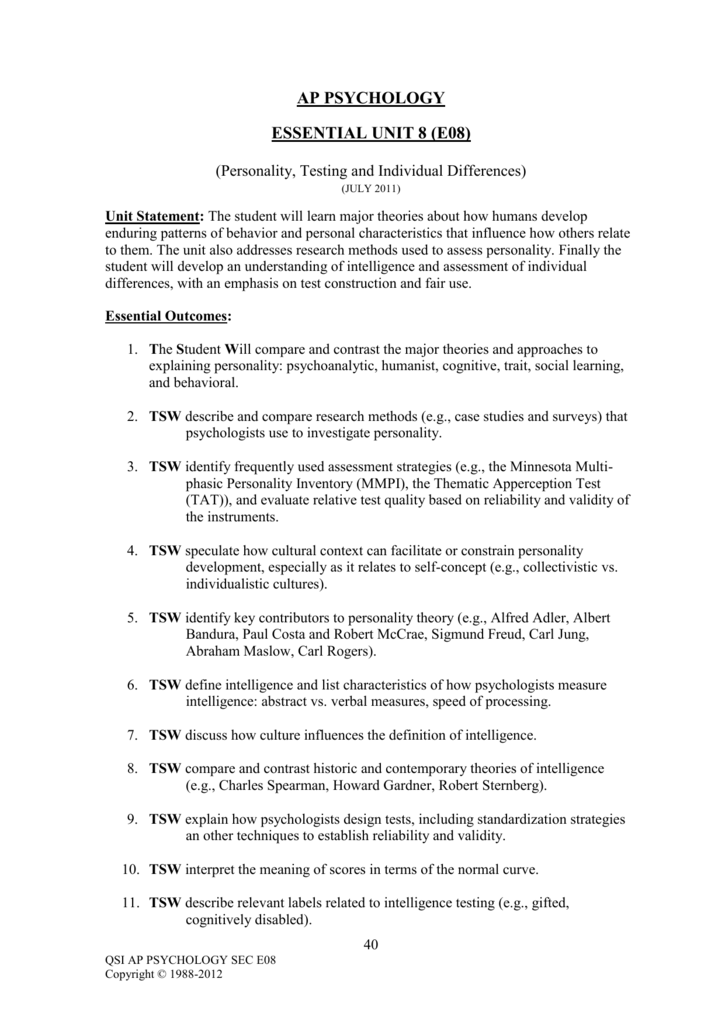


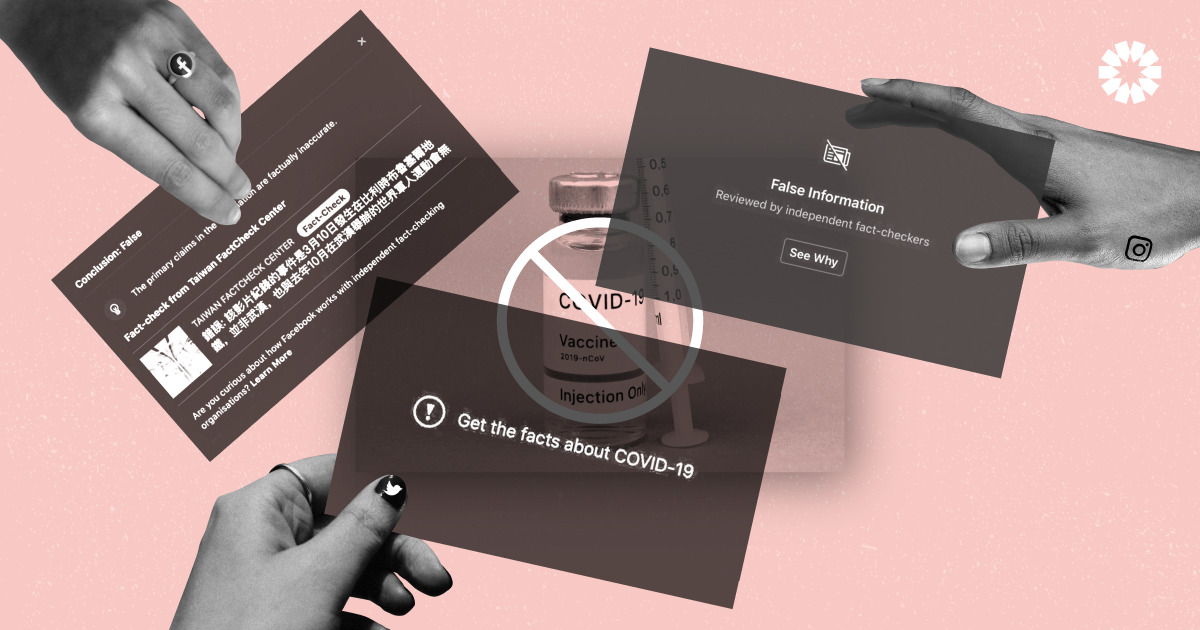




![Data Cleaning in Machine Learning: Steps & Process [2022]](https://assets-global.website-files.com/5d7b77b063a9066d83e1209c/627d12293b5874364bc2a6cd_61f7c00a289345f49e8653c9_training-data-for-machine-learning.png)
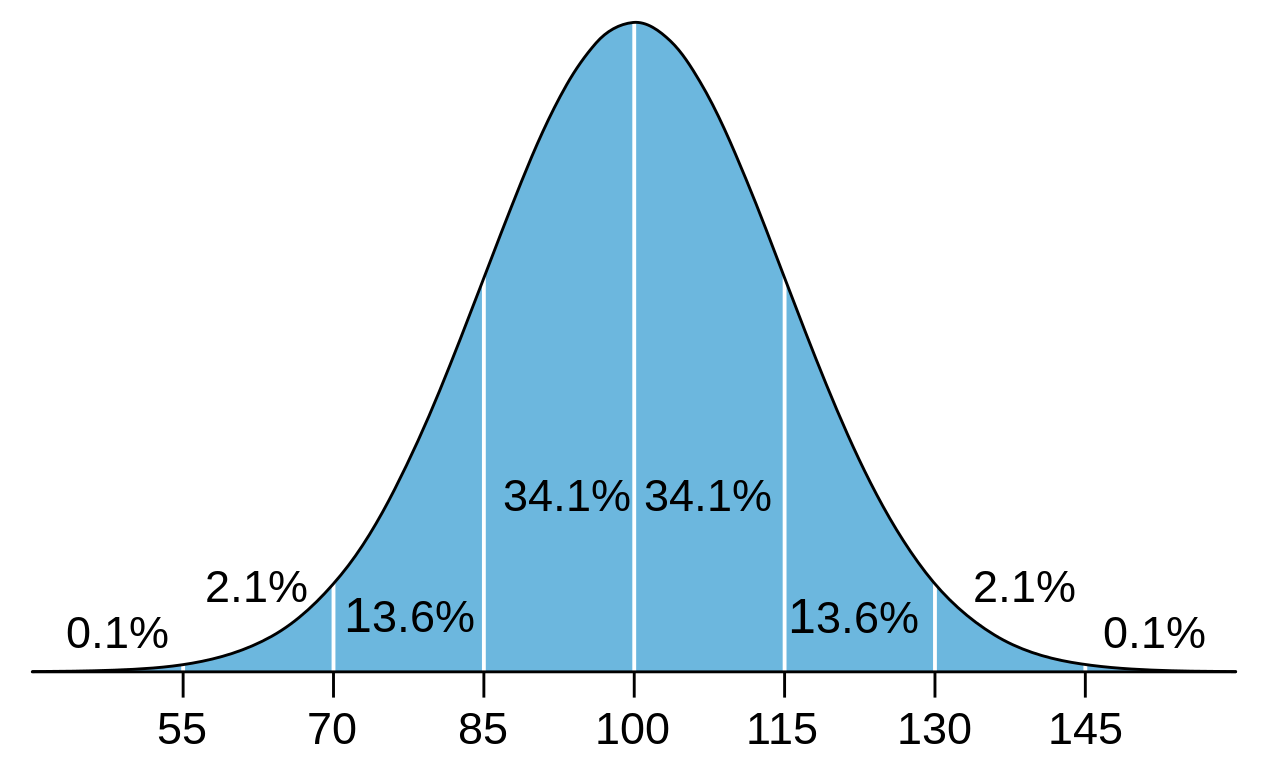


Post a Comment for "43 describe relevant labels related to intelligence testing"